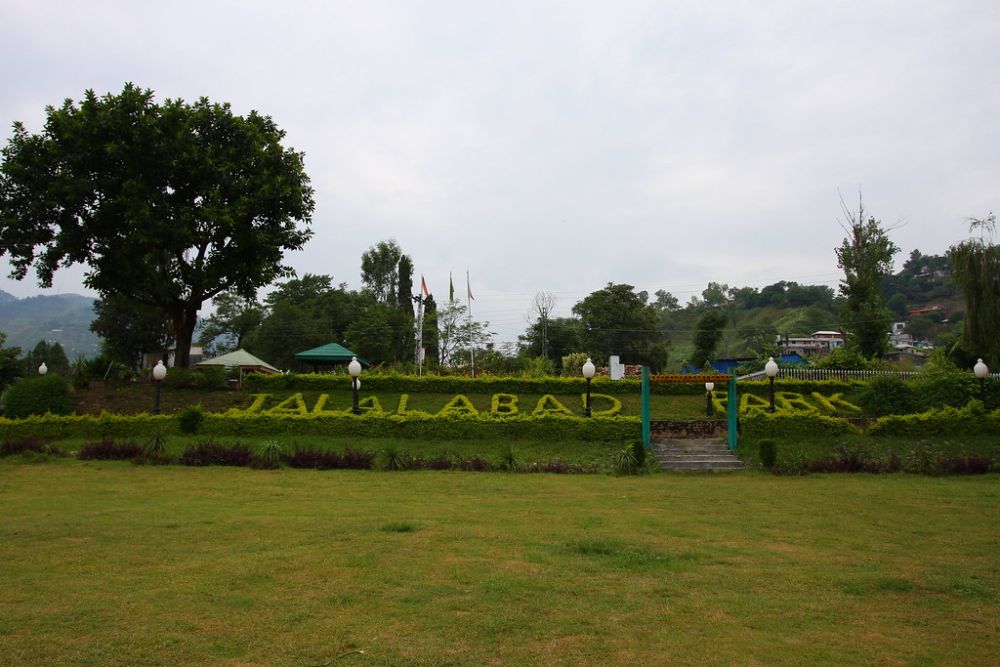

Jalalabad, a city in eastern Afghanistan, has a rich history that dates back to the time of the Indus Valley Civilization. However, it was during the Mughal period that Jalalabad gained significant recognition as a tourist destination. The city's pleasant climate and natural beauty attracted Mughal emperors, who established Jalalabad as a winter resort.
One of the main attractions in Jalalabad is the Jalalabad Gardens, also known as Amir's Garden. These gardens were developed under the patronage of Mughal emperors, particularly Emperor Akbar, who took great interest in the development of gardens and architecture reflective of Mughal opulence and design. The Shalimar Gardens, for instance, are said to have inspired the formation of similar gardens in Jalalabad.
In the modern era, before the decades of conflict that Afghanistan has witnessed, Jalalabad was known to be a getaway destination for tourists seeking the serenity of its gardens, the warm winters, and the beauty of its lush landscapes. People from different regions of Afghanistan and international visitors used to come to relax and enjoy the historical sites, including the Mausoleum of King Amanullah Khan and the Ghazi Amanullah Khan City.
Despite the challenges posed by political instability, those with an interest in history and architecture still find the remnants of Jalalabad's past, particularly its gardens, to be of great allure, bearing witness to a bygone era of regal splendor.
As of the latest developments, tourism in Jalalabad has been significantly affected by the ongoing political situation in the country. Nevertheless, there has been a surge in domestic tourism as Afghan nationals explore their country's historical sites. Local authorities, when possible, are trying to preserve the gardens and other cultural heritage sites to keep the historical legacy alive.
The Afghan government and international organizations occasionally undertake restoration projects to maintain these historical gardens, but the pace is markedly slow due to the overarching security concerns.
Jalalabad Gardens continue to be an important cultural landmark, despite the challenges faced by the country. They remain a testament to the rich history and the resilience of the Afghan heritage. International stakeholders and cultural preservationists emphasize the need for global cooperation to protect and restore such sites for future generations.
It is vital for any potential visitors to thoroughly check travel advisories and understand the risks involved before planning a trip to Jalalabad, given the current security issues in Afghanistan. The situation on the ground can change rapidly, and safety is always of paramount concern.